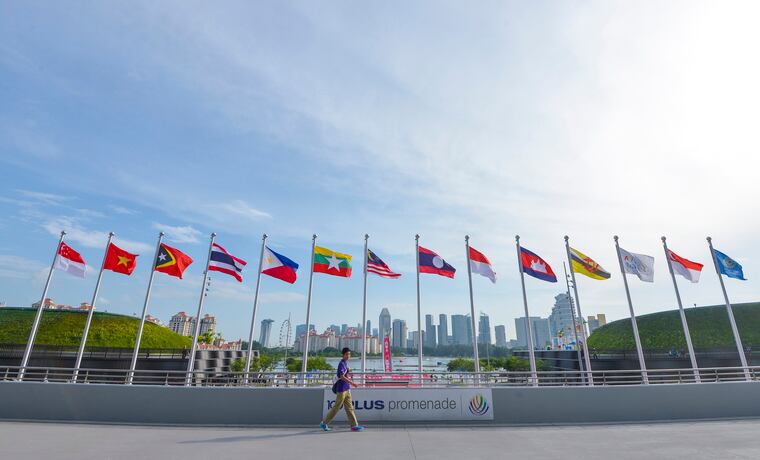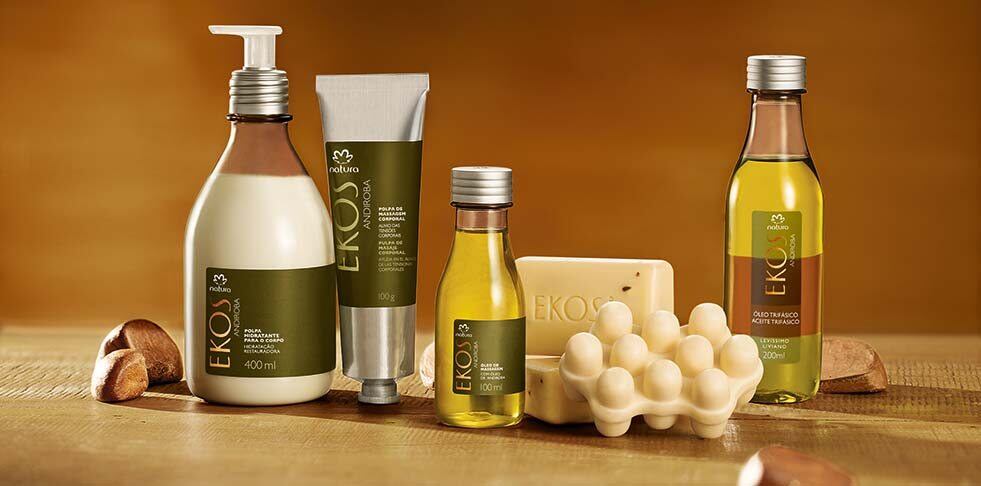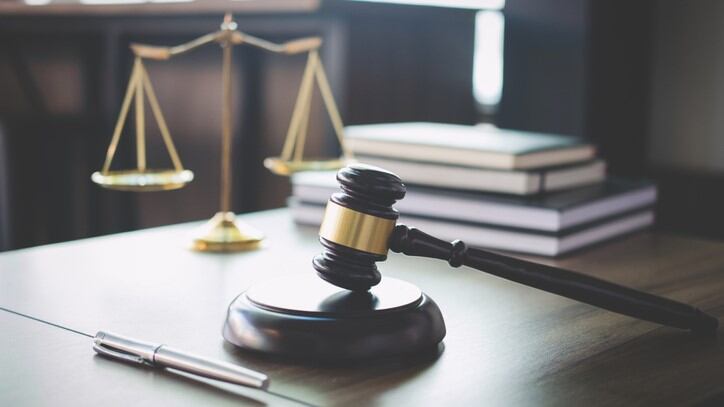The move comes shortly after the publication of an exposé Malay-language newspaper Berita Harian, which revealed a number of manufacturers would only slightly tweak their formulations after some of their products were found to contain banned substances.
Health minister Dzulkefly Ahmad said the ministry has been looking at amending the Sales of Drugs Act 1952 to impose stricter penalties on companies whose cosmetics contain chemicals like mercury and other compounds.
“We will blacklist products and brands so that they will not be sold online and offline,” Dzulkefly told reporters.
“We are also considering implementing good manufacturing practices in the near future,” he added.
The Berita Harian investigation discovered that some companies had rebranded their products with only a cursory change in their ingredients after authorities discovered unsafe formulations.
The Malaysian regulator, the NPRA, acknowledged that cosmetics containing hydroquinone, merkuri and tretinoin had been identified under a number of guises over several years, even though they had been ordered to be removed.
According to the NPRA, several brands, some with multiple product lines, were had been found to have broken the rules. After being removed from the market, their products returned under a different name, still containing at least one dangerous compound, and in some cases two or more.
To be reregistered, only a minor adjustment in formulation is required for approval. Applications have to be accompanied by valid supporting documents to show that the product is safe for use.
The assistant director of the NPRA, Siti Najlaa Izzatie Muhamad Marzukhi, said the regulator had been closely monitoring companies it suspected of recycling their formulations.
“We noticed the trends among a few companies whose products had often been rejected and we now we are monitor those items,” she told the newspaper.
“We have since been targeting them every time they release a new product, and will continue to do so.”
Rejected applications will now be listed on the NPRA website to help consumers to identify safe products.
However, the NPRA only rejects the products themselves that have been identified as using forbidden ingredients.
“We can only reject products that have been found to have fake ingredients, not the whole brand. Other products, even though they might be under the same brand, will not be revoked as long as they don’t test positive,” Siti Najlaa said.
Between 2008 and 2019, the NPRA has listed 171 products from a number of brands that contain prohibited ingredients. In 2019 alone, as many as 14 were found to contain mercury, four contained hydroquinone and three had traces of tretinoin. Four others containing a mixture of hydroquinone and tretinoin.
Tretinoin, a leukemia medication, is also used to treat acne. Hydroquinone is an effective skin whitening drug and is sold as a prescription drug in Malaysia. These are included in nefarious cosmetics due to their immediate effects. Likewise, mercury is also used in skin-whitening formulations, as well as anti-ageing treatments, and is potentially deadly.
Other prohibited items found in cosmetics include diphenhydramine, chloramphenicol, sulfamethoxazole and trimethoprim.
Ketoconazole, griseofulvin, metronidazole, triamcinolone acetonide, hydroquinone dan betamethasone valerate have also been detected.
Siti Najlaa said that some manufacturers the NPRA caught have claimed the products tested were themselves fakes, and not their own.
“That excuse is to ensure consumers keep on trusting their brands,” she said.
“But if the manufacturer is found responsible, they will make sure all products containing adulterants are withdrawn from the market quickly.”




